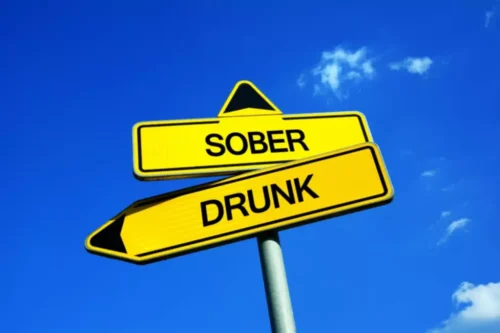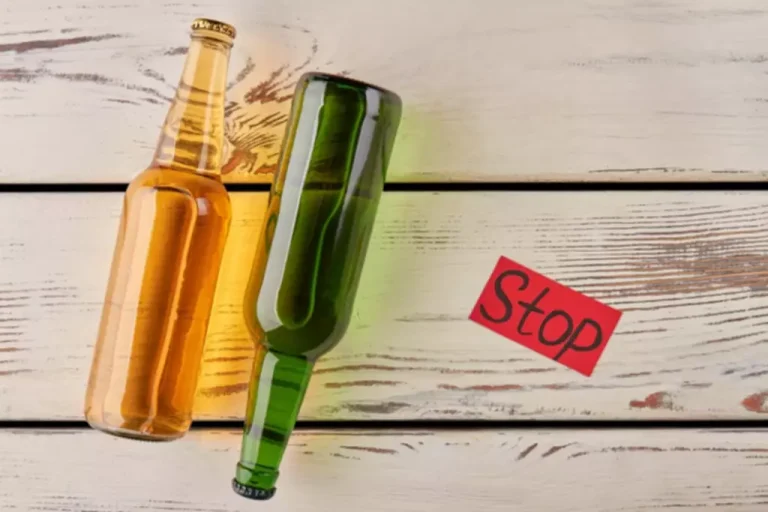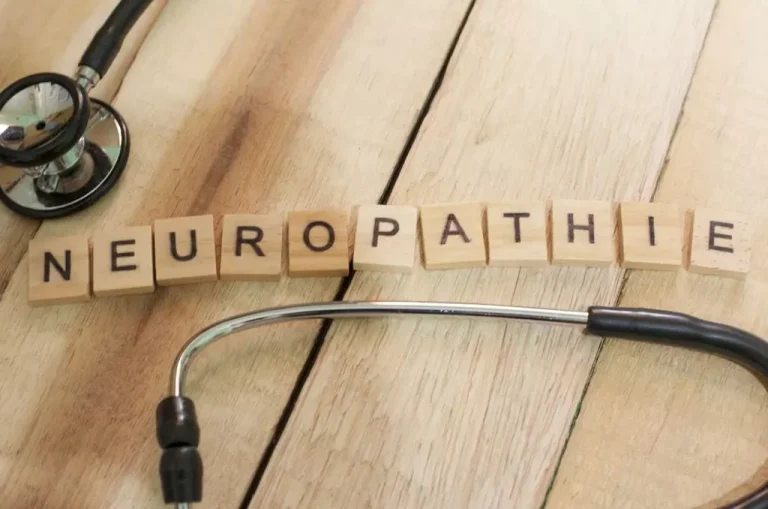High-Functioning Alcoholics and Relationships Tips for Taking Care of Yourself

Consistent with prior literature, participants were found to be more likely to perpetrate psychological and physical IPA on days during which they themselves had consumed alcohol. A marginal partner effect emerged indicating that partner alcohol use increased the risk of participant psychological aggression on the same day. No partner effects were detected in predicting participant physical aggression. Alcohol and alcoholism affect our romantic relationships, social lives, and mental health and vice versa. To treat and overcome alcoholism, it’s essential to address not only your alcohol use but also the alcohol use of your partner. Their support can make or break your progress as you move forward in your healing journey.
Tired Of Alcohol Affecting Your Relationships? Get Help Now
- AUD is the inability to control one’s drinking despite negative consequences.
- Your loved one may want to stop treatment early and even ask you to help them do so.
- Natural consequences may mean that you refuse to spend any time with the person dependent on alcohol.
- It can also create longer-term impairments that persist even after a person is no longer intoxicated.
- They may experience loneliness, depression, guilt, anxiety, anger issues and an inability to trust others.
According to one 2019 survey, only around 1.6% of adults with an AUD reported using medications during treatment. Recovery from alcohol addiction is alcohol and relationships a process that takes time and may involve setbacks. Alcoholism isn’t just a drain on emotional resources; it can also impose financial burdens.
Dating an Alcoholic: Navigating the Complex Challenges
That means they need to avoid enabling and make sure they don’t become emotionally dependent on helping their loved one. As the problem becomes more severe, people with the condition may withdraw from loved ones or lash out at those who try to help. Heavy alcohol consumption can also cause malnutrition and vitamin deficiencies which can further contribute to alcohol’s detrimental effects on the brain. In some cases, people may develop alcohol-related dementia or a cognitive disorder known as Wernicke-Korsakoff syndrome. Too much drinking can lead to less time spent together—and the time you do spend together can feel less meaningful. For example, someone who drinks a lot might miss out on time with their spouse because they’d rather be at a bar or party.
Recognizing and Repairing the Damage of Alcoholism and Relationships
They may show up to their child’s events and seem to have good relationships with their children. But they may choose to drink at home instead of spending time with their children. Or they may drink in front of their children, increasing their risk of becoming an alcoholic https://ecosoberhouse.com/ when they grow up. Also referred to as functional alcoholics, these people usually don’t realize that they rely on alcohol to feel normal. They don’t experience the typical consequences of alcoholism, such as drunk driving arrests, financial problems or blackout episodes.

Alcohol and romantic relationships

You have relationships with family, both extended and immediate, including biological family and chosen family. Family relationships can be diverse and include partners, children, grandparents, and extended family members like cousins. You may interact with friends on a daily basis or less frequently, with some being closer friendships than others. Keep in mind, the family member with alcohol misuse issues could be a child or adolescent—as opposed to an adult. But regardless of which family member has alcohol-related issues, children can experience a host of effects related to alcohol misuse within the family. Various therapies and treatments, however, can help both children and family members deal with and recovery from these impacts.
- “If you find that you are trying to stop repeatedly without success, getting professional help from a therapist or outpatient program may give you the best chance of wide-reaching recovery,” adds Mehta.
- Intercourse is a form of intimacy, and alcohol addiction can negatively impact this aspect of a relationship by disrupting normal body processes.
- When a person is intoxicated, their emotions, judgment, and decision-making are impaired.
- This shift in priorities can manifest as neglecting responsibilities, which not only affects the couple’s dynamic but can also lead to financial strain.
They might not plan to drink but can’t resist when around others who are drinking. They might tell you they’re going to drink one or two but usually end up having more. When you call our team, you will speak to a Recovery Advocate who will answer any questions and perform a pre-assessment to determine your eligibility for treatment. If eligible, we will create a treatment plan tailored to your specific needs. If The Recovery Village is not the right fit for you or your loved one, we will help refer you to a facility that is.
The Correlation Between Alcohol Use and Domestic Violence
Unfortunately, sometimes those same people can feel judged by your changing relationship with alcohol, which is why it is important to begin by setting boundaries with the people in your life who still drink. Ultimately, this is your life and your decision, so “it’s important to consider setting boundaries, honor your recovery goals, and prioritize your needs,” says Ellinwood. Getting help for alcohol addiction will not only improve your relationships, it can also start you on your path toward a healthier, addiction-free future. Joining the sober curious movement or modifying drinking habits is a lot easier if you have the tools to do so.

Addiction Treatment Programs

They found a significant three-way interaction between participant alcohol use, partner alcohol use, and gender in predicting partner negativity the following day. Specifically, greater female alcohol use increased perceived male partner negativity the following day only when the male partner failed to drink heavily. No increased negativity was detected on days in which females reported concordant heavy alcohol use. Alcohol use failed to predict male perception of partner negativity the following day. People in relationships often share homes and short- and long-term goals, engage with one another daily, provide emotional, mental, and financial support, and care for one another. When your partner struggles with an alcohol use disorder (AUD), it impacts the entire family unit as well as the day-to-day functioning of the household.

Deja una respuesta